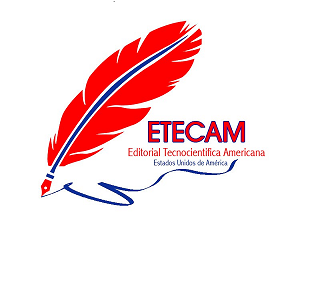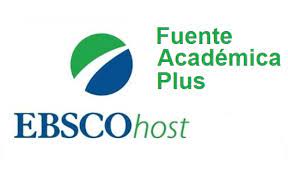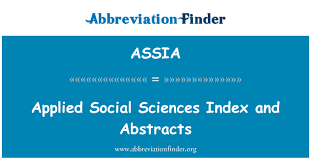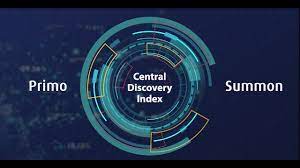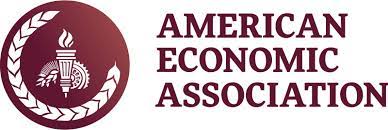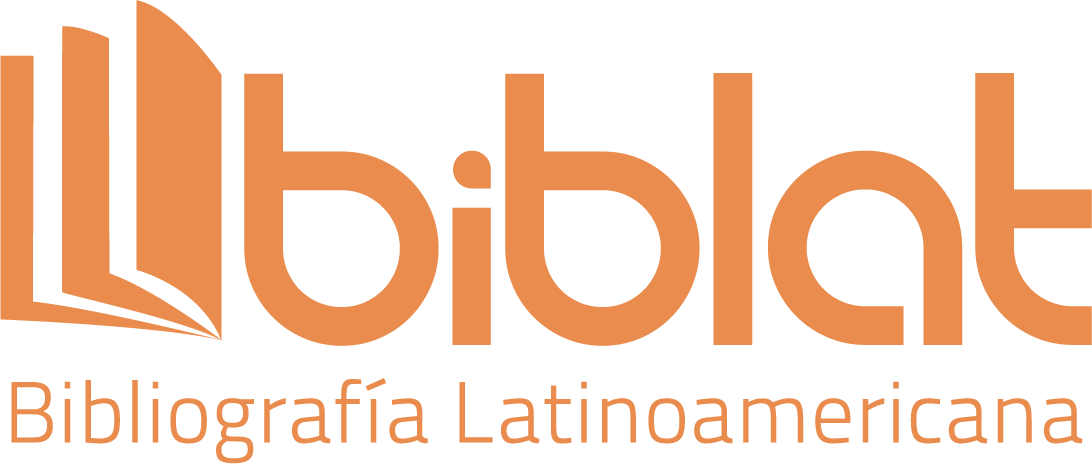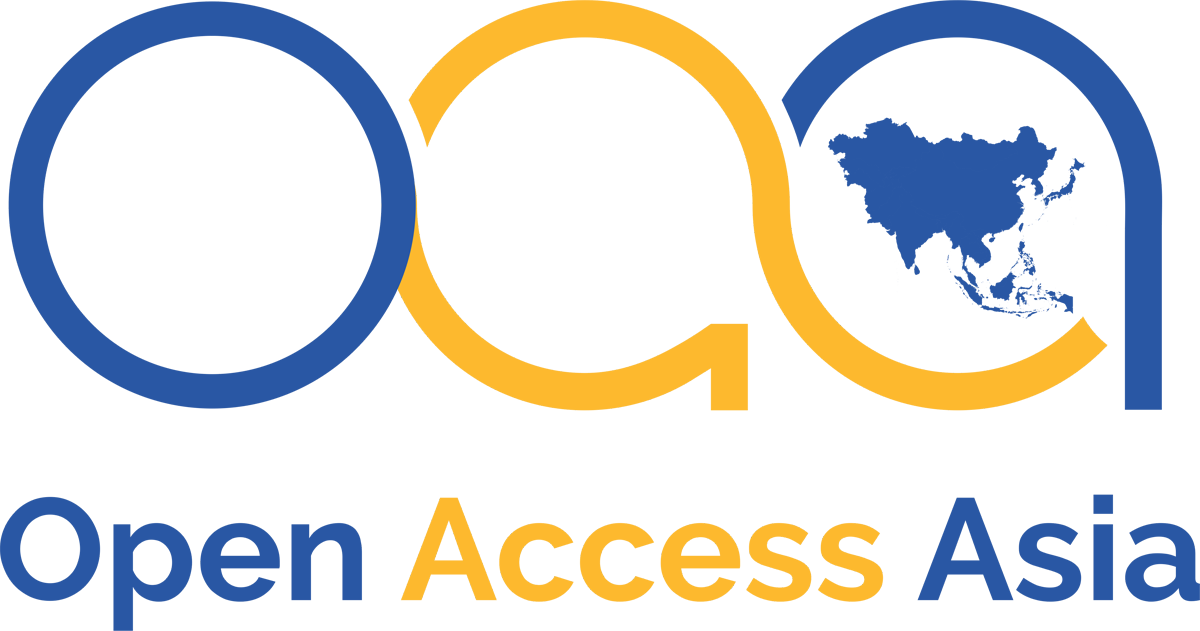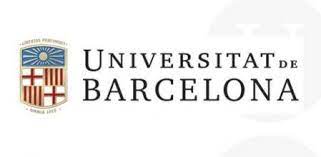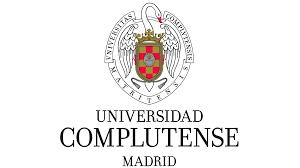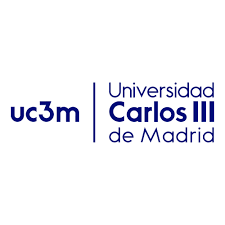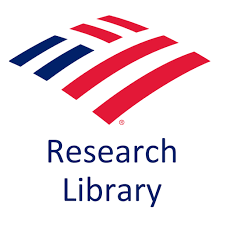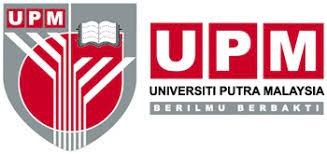Influence of curriculum conception and its design on children's learning in early childhood education
DOI:
https://doi.org/10.51736/sa.v6i4.159Keywords:
early childhood education, curriculum, curriculum design, early childhood education, curriculum designAbstract
This article analyzes curriculum theory, defines and conceptualizes the terms curriculum, curriculum design and models. The influence of the curricular conception and its design in the learning of children in early childhood education is evaluated; where play is conceived as the main strategy in the teaching-learning process. The three axes of development and learning for all early education are mentioned, each one of them encompassing different areas proposed for each educational sublevel; all this facilitates the adequate articulation between early education and the first grade of General Basic Education. In the process of verification, it was possible to verify the increase of interest and motivation, as the children undertook with great enthusiasm all the tasks assigned during the development of the course, which facilitated the learning of the skills foreseen in each educational sublevel.
Downloads
References
Álvarez, C. (1990). Fundamentos teóricos de la Dirección del Proceso Docente Educativo en la Educación Superior Cubana. ENPES.
Beauchamp, G. (2018). Currículo Theory Welmette. The kagg Press.
Bobbit, F. (1918). The curriculum Houghton Mifflin. Boston.
Coll, C. (2017). Psicología y currículum. Una aproximación psicopedagógica al curriculum escolar. Barcelona
Dewey, J. (1951). La ciencia de la Educación. Losada.
Eisner, W. (2022). Procesos cognitivos y currículo. Una base para decidir lo que hay que enseñar. Martínez Roca.
Gimeno, J. (2023). El currículum: una reflexión sobre la práctica. Ediciones Morata, S. L
Habermas, J. (2019). Conocimiento e interdisciplinariedad. Taurus.
Kemmis, S. (2016). Seven Principles for Program Evaluation in Curriculum Development and Innovation, en B. R. Rouse (ed.) New Directions in Educational Evaluation. Lewes: The Falmer Press, p. 117 - 140.
Lundgren, P. (2018). Teoría del currículum y escolarización. Morata.
Ministerio de Educación (2014). Currículo Educación Inicial, Ecuador.
Portuondo, R. (2020). Antología del Diseño Curricular. Caminos y Horizontes.
Reid, A. (2020). Curriculum Theory and Curriculum Change: What can we Learn from History, Journal of Curriculum Studies, 18 (2).
Taba, H. (2014). Elaboración del Currículum, Argentina
Tyler, R. (2000). Basic Principles of Curriculum and Instruction. Chicago. Press.
Published
How to Cite
Issue
Section
License
Copyright (c) 2023 Peggy Verónica Hernández Jara, Juana Victoria Andaluz Zúñiga, Patricia Elizabeth Camacho Abril

This work is licensed under a Creative Commons Attribution-NonCommercial-ShareAlike 3.0 Unported License.













